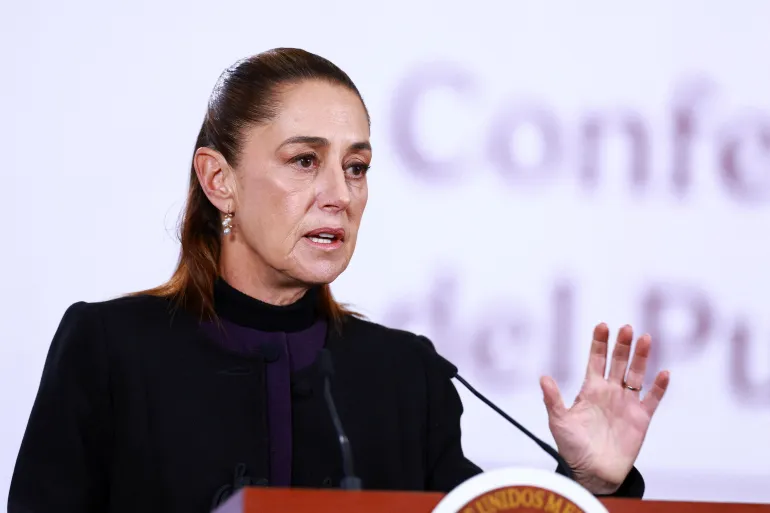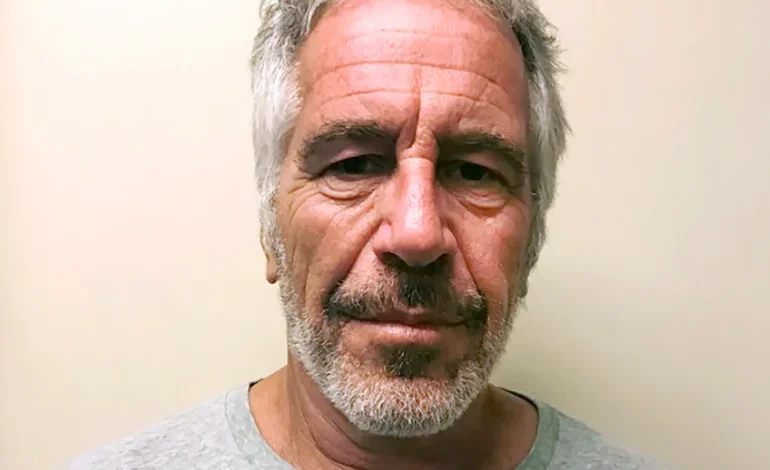The U.S. Department of Justice has confirmed that investigators did not find any “client list” among Jeffrey Epstein’s possessions when he died by suicide in August 2019, dispelling long-standing speculation about undisclosed high-profile contacts.
DOJ officials announced that despite extensive searches through Epstein’s homes, electronic devices, and financial records, no documents or encrypted files pointing to a list of clients or connected individuals were discovered. The agency stated the findings support the conclusion that Epstein died by suicide while in federal custody, and no new evidence has emerged to suggest otherwise.
The clarification comes amid ongoing calls for further transparency into Epstein’s activities and the network surrounding his criminal operations. Advocates and victims’ families have sought access to any hidden documentation that could identify other individuals involved in illicit behavior. The DOJ’s statement aims to address and definitively close this chapter of conspiracy theories.
The department emphasized that agents conducted a thorough examination of thousands of pages of material and digital records. They found no evidence of additional conspirators or undisclosed victims connected to Epstein’s trafficking enterprise beyond the scope of known investigations and prosecutions.
While the agency believes its investigative efforts were exhaustive, critics argue that more independent oversight is necessary to ensure no hidden evidence remains undiscovered. The DOJ has stated that if any new credible information surfaces, it will be thoroughly examined.
The confirmation may offer some closure for those affected by Epstein’s crimes, though many continue to press for broader reforms in how federal authorities handle high-profile cases and transparency around investigative findings.
With input from Al Jazeera










The latest news in your social feeds
Subscribe to our social media platforms to stay tuned